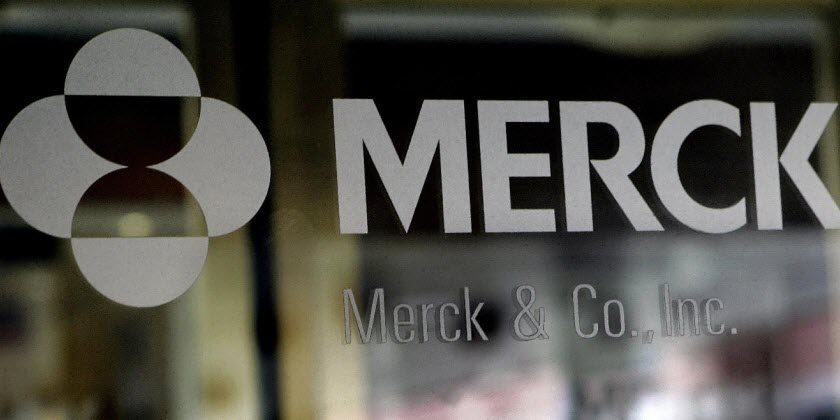
The Food and Drug and Administration (FDA) has given its endorsement to the license application review from Merck & Co., Inc. (NYSE:MRK) and its Danish biotech research partner ALK-Abelló on MK-8237 for dust mite allergies.
The two companies have been seeking a license for MK-8237, a house dust mite SLIT-tablet for the treatment of allergic rhinitis with or without conjunctivitis. Patients are exposed to progressively increasing levels of house dust mite allergen which in return trains the immune system to restrain from allergic reactions and symptoms are significantly reduced.
Click Here For More Market Exclusive Updates & Analysis
This is not the first approval for the two. They already obtained FDA’s approval for a grass allergy immunotherapy called Grastek in addition to the ragweed allergy treatment Ragwitek. The two drugs have had steep competition in their sales with Ragwitek hovering at around $300 million while Grastek has $150 million. Nevertheless, Merck’s allergy franchise is likely to outdo these records in the event it gains approval of its MK-8237 given that dust mites are a such a common allergy.
The BLA for the drug has received immense support from the late-stage trials which have given top-line results that have indicated a significant fall of patients’ risks of moderate to severe asthma exacerbations.
The Phase IIb study involved 124 patients with house dust mite-induced allergic rhinitis. The use of MK-8237 improved 24-week nasal symptoms by 49% having been administered at its highest dosage. Its efficacy was measured by charting itchy nose, ocular irritation, blocked nose, throat irritation and oral swelling.
VP of clinical research at Merck Research Laboratories, Stuart Green has applauded the latest of Merck’s efforts and commitment to helping patients with allergies. Being a potential new option for adults, the clinical development of MK-8237 is an important milestone.
ALK estimates indicate that one out of 10 adults in Europe suffers from allergic rhinitis. Nonetheless, the drug which has gained approval in 11 European countries is also helpful to asthmatics since those who have house dust mites (HDM) allergic asthma also have allergic rhinitis.




